India’s tax structure has dramatically changed with introducing the Goods and Services Tax (GST), which unifies indirect taxation. When the GST was introduced on July 1, 2017, it replaced other taxes that the federal and state governments had previously imposed. This blog examines the key details of GST to help you comprehend its advantages and effects. If you want to apply for GST Return Filing Online, contact Eazy Startups. Here, you can get assistance with applying for GST Filing Online.
Now, let’s get into the detailed discussion:-
- Unified Tax Structure
- Dual GST Model
- GST Rates
- Input Tax Credit (ITC)
- Composition Scheme
- GST Compliance
- Impact on Consumers and Businesses
Unified Tax Structure:
One of the main goals of the Goods and Services Tax (GST) was to streamline the intricate tax structure by merging several indirect taxes into a unified tax framework. Value-added tax (VAT), central excise duty, entertainment tax, and service tax were among the taxes businesses had to deal with before implementing GST. Businesses will find it easier to comply with GST as it unifies these into a single tax system, easing the administrative load.
Dual GST Model:
Two types of GST are used in operation: Central GST (CGST) and State GST (SGST). In this arrangement, state governments collect SGST, and the federal government collects CGST on transactions. This strategy maintains fiscal balance and guarantees that both levels of government benefit by dividing the GST revenue between the federal and state governments.
GST Rates:
The GST has four main tax slabs, ranging from 5% to 28%. These categories include various products and services depending on their type and economic significance. To reduce the tax load on customers, essential items like food and medical supplies frequently have lower rates or are exempt from taxes. The GST Council regularly modifies these rates to account for changing market conditions and to assist different industries.
Input Tax Credit (ITC):
The Input Tax Credit system is one of the most important aspects of GST. This system enables companies to claim a credit for the GST they have paid on inputs utilized in the manufacturing or provision of goods and services. By limiting the tax’s cascading effect and fostering supply chain efficiency, ITC ensures that taxes are only paid on the value added at each stage of the supply chain.
Composition Scheme:
GST offers a Composition Scheme to help small enterprises with compliance. Under this system, instead of following standard tax slabs, firms having an annual turnover of up to ₹1.5 crore (₹75 lakh for special category states) can choose to pay GST at a flat rate on their turnover. Thanks to this streamlined tax payment method, small firms may focus on growth and cut costs associated with compliance.
GST Compliance:
To comply with GST, businesses must file frequent returns to report sales and pay taxes. Important filings include GSTR-3B, a monthly summary of transactions, and GSTR-1, which lists outbound supplies of goods and services. Businesses must also file a combined yearly return (GSTR-9) for their monthly returns. Timely and accurate submission is essential to avoid penalties.
Impact on Consumers and Businesses:
By eliminating tax-on-tax or cascading taxes, GST seeks to alleviate the overall tax burden for consumers. Because GST simplifies interstate transactions and harmonizes tax rates between states, it makes conducting business easier for enterprises. Increased efficiency can reduce prices for consumers and enhance supply chain management.
Conclusion
The Goods and Services Tax (GST) is a radical alteration to India’s tax structure to establish a more open and effective tax system. The GST aims to improve economic growth and streamline corporate operations by consolidating multiple taxes into a single framework, offering input tax credits, and making compliance easier for small firms. Comprehending these fundamental facets of GST is vital for skillfully manoeuvring through the contemporary tax landscape. If you want to apply for GST Return Filing Online, contact Eazy Startups. Here you can get assistance to apply for GST Filing Online.

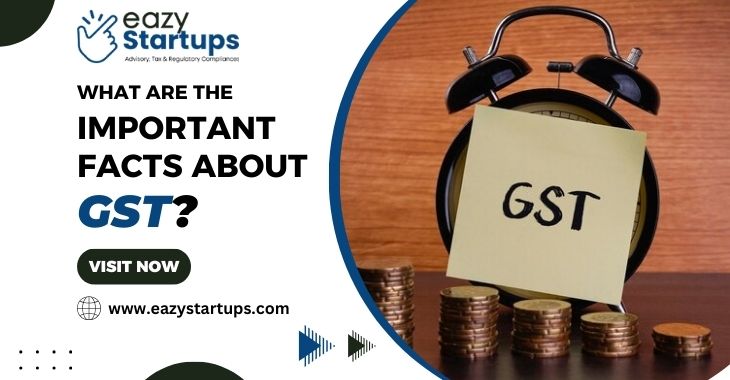
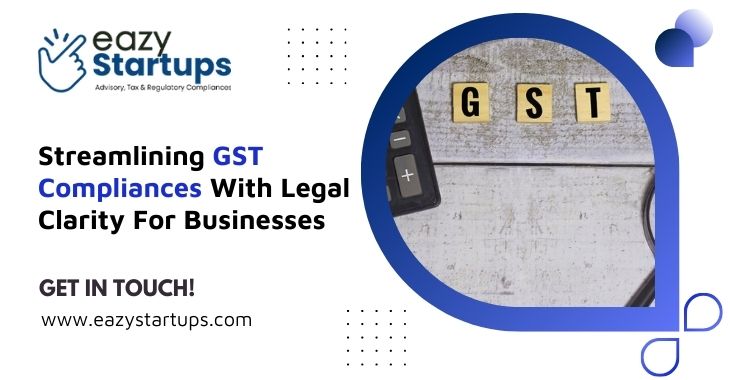
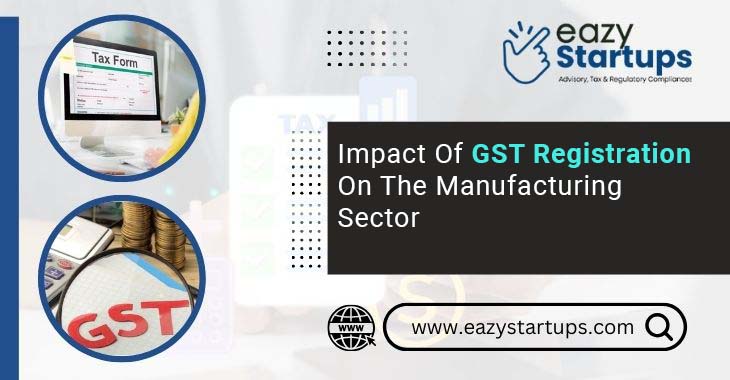
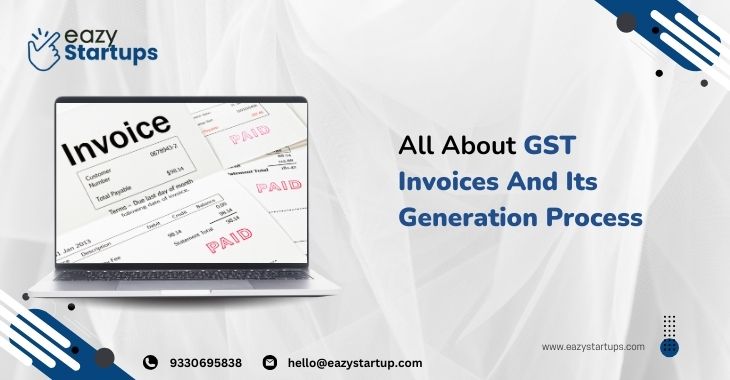
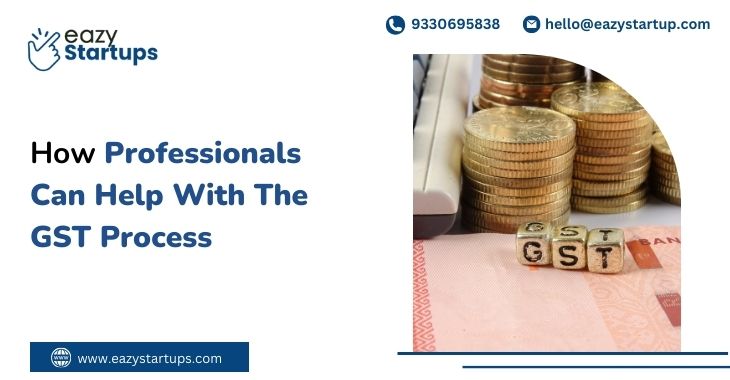

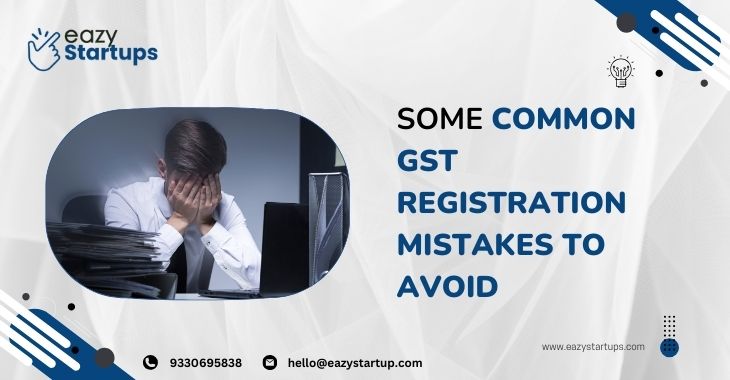



Recent Comments